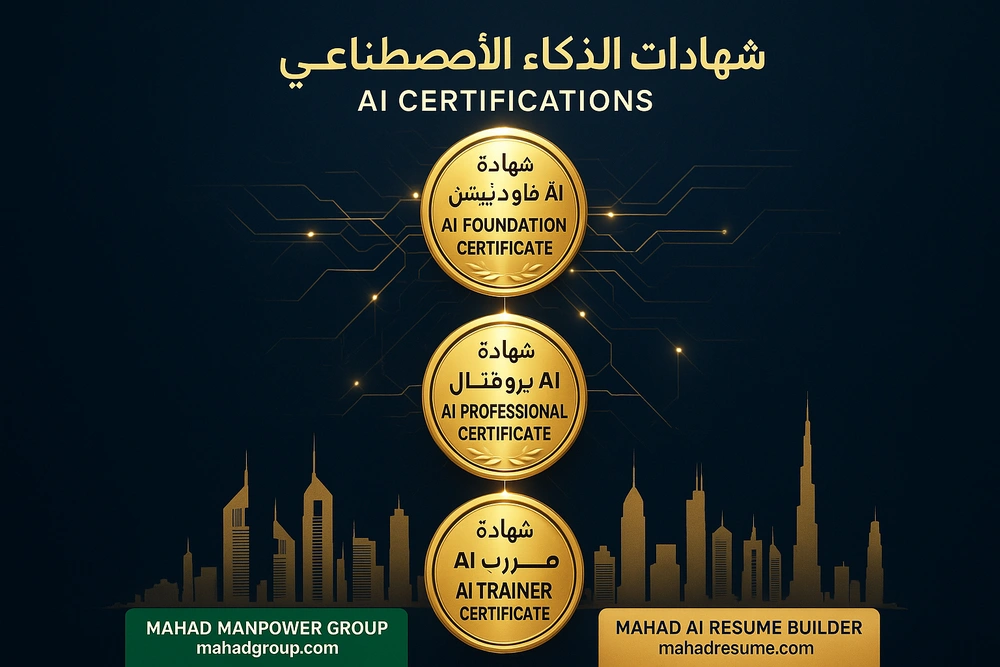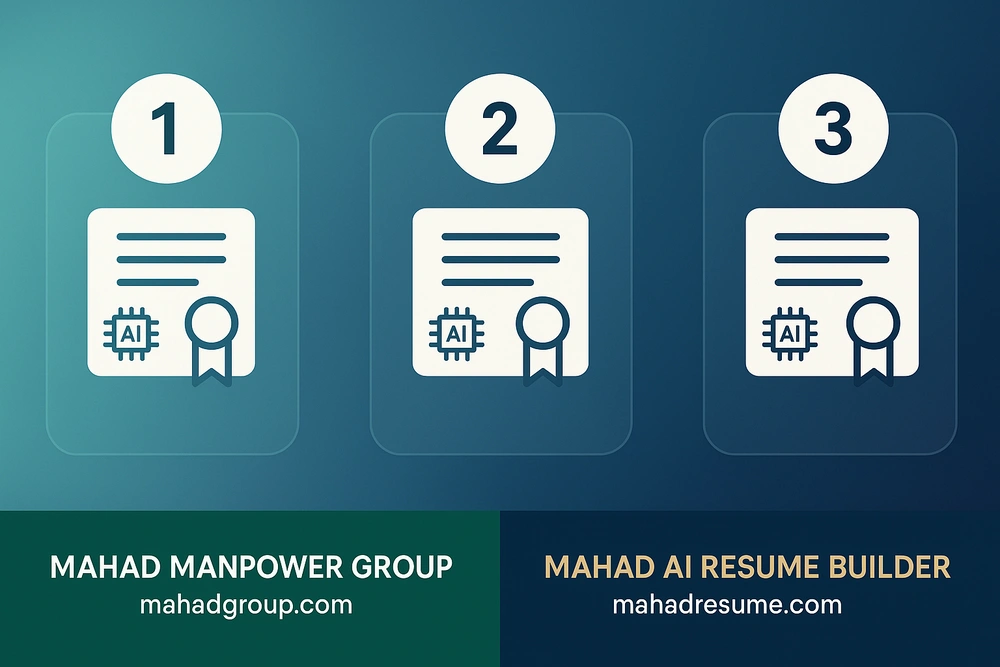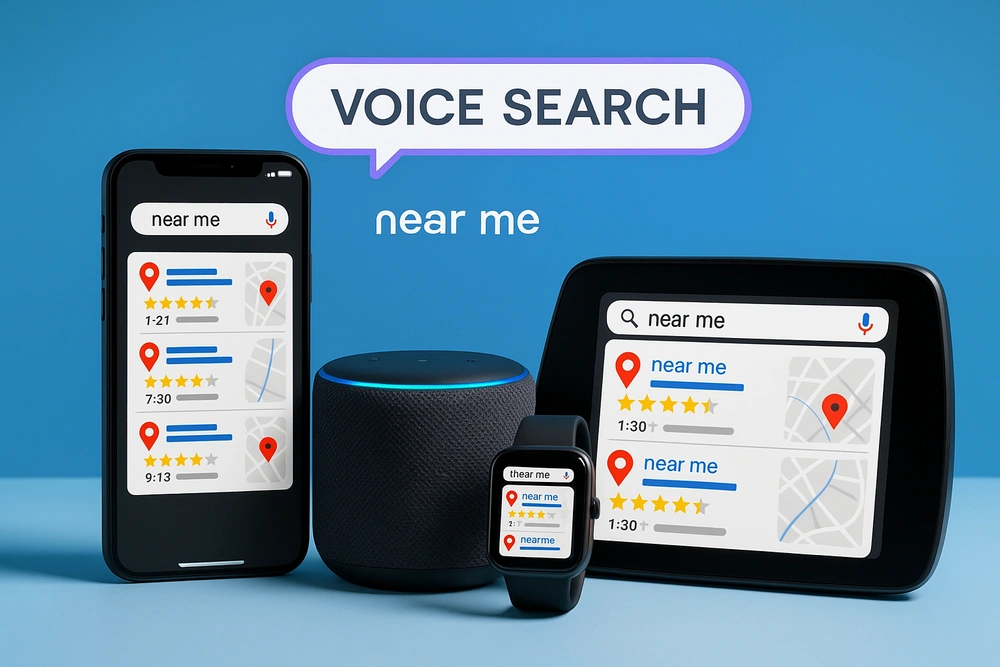3 AI Certificates You Need on Your Resume in 2025. The job market in 2025 is more competitive than ever, and AI certificates have become essential credentials for professionals across all industries. Whether you’re in marketing, finance, healthcare, or technology, artificial intelligence skills are no longer optional; they’re required. AI certifications and courses
But with hundreds of AI certifications available, which ones actually matter to employers? After analysing thousands of job postings and interviewing hiring managers across the MENA region, we’ve identified the three 3 AI Certifications that will make your resume stand out in 2025. Generative ai certifications
Why 3 AI Certifications Matter in 2025
Before diving into specific certifications, let’s understand why AI certificates have become crucial for career advancement. According to recent industry reports, 85% of companies are actively seeking candidates with AI skills, yet only 12% of professionals have relevant certifications. Prioritizing certifications over college
3 AI Certifications: This skills gap presents a massive opportunity. Professionals who add recognised AI certificates to their resumes report:
- 40% higher interview callback rates
- 25-35% salary increases
- Faster promotion timelines
- Access to leadership positions
The message is clear: 3 AI Certifications for resume building are no longer just nice-to-have credentials—they’re career game-changers.
The Top 3 AI Certifications for 2025
 1. Google AI Essentials Certificate
1. Google AI Essentials Certificate
Duration: 4-6 weeks
Cost: $49/month
Difficulty: Beginner to Intermediate
3 AI Certifications: Google’s AI Essentials certificate is perfect for professionals who want to understand how AI tools can enhance their daily work. This certification covers:
- Fundamentals of machine learning and AI
- Practical applications of ChatGPT and Gemini
- AI-powered productivity tools
- Ethical AI usage in the workplace
Why employers love it: This certificate proves you can leverage AI to improve efficiency and make data-driven decisions. It’s recognized globally and demonstrates that you’re keeping pace with technological advancement.
Best for: Marketing professionals, business analysts, project managers, and anyone looking to integrate AI certificates into their skill set without a technical background. Adoption accelerates ai certifications
2. Microsoft Azure AI Fundamentals (AI-900)
Duration: 6-8 weeks
Cost: $99 exam fee
Difficulty: Intermediate
3 AI Certifications: Microsoft’s Azure AI Fundamentals is one of the most sought-after 3 AI Certifications in 2025, especially for professionals working in enterprise environments. This certification validates your understanding of:
- AI workloads and considerations
- Machine learning on Azure
- Computer vision and natural language processing
- Conversational AI implementation
Why employers love it: Companies using Microsoft’s ecosystem (which includes 95% of Fortune 500 companies) actively seek candidates with Azure AI certifications for resume enhancement. This certificate shows you can work with enterprise-grade AI solutions.
Best for: IT professionals, data analysts, software developers, and business intelligence specialists looking to add valuable AI certificates to their credentials.
[Image 2 Here]
3. IBM AI Engineering Professional Certificate
Duration: 3-4 months
Cost: $39/month
Difficulty: Intermediate to Advanced
For those serious about AI careers, IBM’s Professional Certificate is the gold standard among 3 AI Certifications. This comprehensive program covers:
- Deep learning and neural networks
- Machine learning with Python
- AI application development
- Scalable AI model deployment
Why employers love it: This isn’t just theory—it’s hands-on experience building real AI solutions. Employers know that candidates with this certificate can immediately contribute to AI projects without extensive training.
Best for: Software engineers, data scientists, AI researchers, and technical professionals who want to position themselves as AI experts with premium AI certificates.
How to Choose the Right AI Certificate for Your Resume
3 AI Certifications: Selecting the best AI certificates 2025 depends on your career goals and current skill level. Here’s a quick decision framework:
Choose Google AI Essentials if:
- You’re new to AI and want practical skills
- You work in non-technical roles
- You need quick certification (4-6 weeks)
- Budget is a concern
Choose Microsoft Azure AI-900 if:
- You work in corporate/enterprise settings
- Your company uses Microsoft technologies
- You want globally recognized AI certificates
- You have some technical background
Choose IBM AI Engineering if:
- You’re pursuing AI-focused career paths
- You have programming experience
- You want comprehensive, advanced AI certificates
- You can invest 3-4 months in learning
Maximizing the Impact of Your AI Certificates
3 AI Certifications: Getting certified is only half the battle. Here’s how to make your 3 AI Certifications for resume building work harder for you:
- Create an outstanding resume that highlights your certifications properly. Use platforms like MahadResume.com to build an ATS-friendly resume that showcases your AI certificates effectively.
- Add detailed project descriptions showing how you’ve applied your AI knowledge in real scenarios.
- Keep learning by completing all three certifications over time. Employers increasingly seek candidates with multiple AI certificates.
- Network actively in AI communities and mention your certifications in your LinkedIn profile and professional bio.
The ROI of AI Certificates
3 AI Certifications: Investing in AI certificates delivers measurable returns. Research from leading recruitment platforms shows that professionals with AI certifications earn an average of $15,000-$25,000 more annually than their non-certified peers in the same roles.
Beyond salary, these certifications open doors to:
- Remote work opportunities with global companies
- Leadership roles in AI transformation projects
- Consulting and freelance opportunities
- Career pivots into high-growth AI fields
Building Your AI-Certified Resume
3 AI Certifications: Once you’ve earned your 3 AI Certifications, the next crucial step is presenting them effectively on your resume. A well-crafted resume can mean the difference between getting interviews and being overlooked.
MahadResume.com offers AI-powered resume building tools specifically designed to highlight certifications and technical skills in a way that passes Applicant Tracking Systems (ATS) and impresses hiring managers. The platform’s smart templates automatically optimize the placement of your AI certifications for resume impact.
Whether you’re a recent graduate adding your first AI certificates or an experienced professional expanding your skill set, a professional resume builder ensures your certifications get the attention they deserve.
Taking Action in 2025
3 AI Certifications: The AI revolution isn’t coming—it’s here. Professionals who add relevant AI certificates to their resumes in 2025 position themselves at the forefront of this transformation. The three certifications we’ve covered—Google AI Essentials, Microsoft Azure AI-900, and IBM AI Engineering—represent the most valuable credentials you can earn this year.
Don’t let another month pass without taking action. Choose the certification that aligns with your goals, invest the time to learn, and watch as new opportunities emerge.
Ready to showcase your AI expertise? Build your certification-optimized resume today at MahadResume.com and take the first step toward your AI-enhanced career.


 1. Google AI Essentials Certificate
1. Google AI Essentials Certificate
 Optimise Technical Elements for Voice
Optimise Technical Elements for Voice